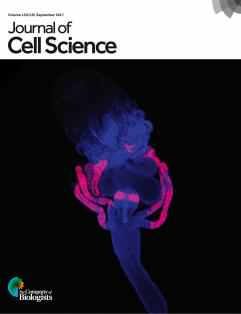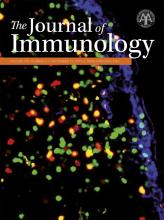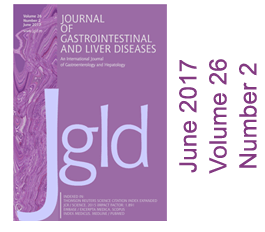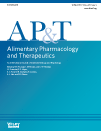
A gastroenterology journal has issued an extensive expression of concern about a 2013 paper by Yoshihiro Sato, a Japanese endocrinologist who has posthumously been climbing the Retraction Watch leaderboard. (He’s now ranked number three, ahead of Diederik Stapel.)
To call the statement an “expression of concern” is like calling Charles M. Schulz a talented cartoonist, or Escoffier a pretty good cook. Indeed, the journal expresses so much concern, about, well, so much, that we’re not sure what in the paper would be left unscathed.
Sato, formerly of Hirosaki University, currently has 77 retractions for a range of misconduct-related issues including likely data fabrication and duplication.
Continue reading Journal expresses a great deal of concern over deceased author’s work The maker of a leading over-the-counter antacid has withdrawn its application for approval of the drug in China because a clinical trial of the product in that country was marred by “major protocol deviations.”
The maker of a leading over-the-counter antacid has withdrawn its application for approval of the drug in China because a clinical trial of the product in that country was marred by “major protocol deviations.” Last month, the
Last month, the  Even when a paper is obviously flawed, it
Even when a paper is obviously flawed, it 

 A journal has published an expression of concern (EoC) for a paper on cancer genetics in mice, over a concern about data in some gel panels.
A journal has published an expression of concern (EoC) for a paper on cancer genetics in mice, over a concern about data in some gel panels.  Two journals have retracted papers by a biologist who was
Two journals have retracted papers by a biologist who was 
 A gastroenterology and hepatology journal has retracted a 2017 review after discovering it included data “accessible only during peer review for another journal.”
A gastroenterology and hepatology journal has retracted a 2017 review after discovering it included data “accessible only during peer review for another journal.”